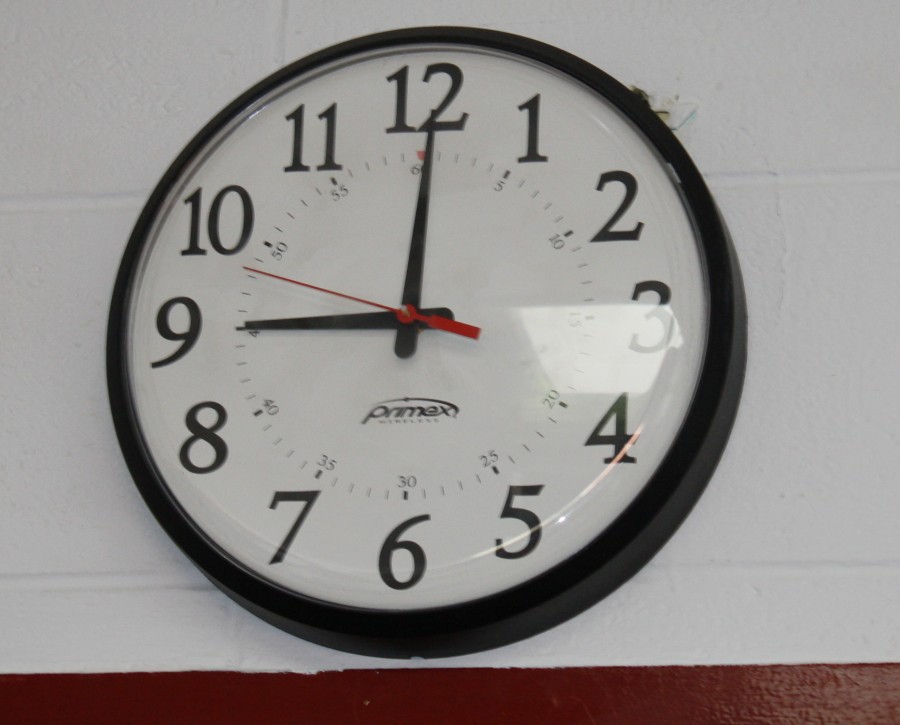Studies show that early start times for school affect not only students’ sleep patterns, but also their test scores, attendance, classroom participation, and overall energy in school. At MHS we start at 7:40 A.M., some students arrive as early as 7:15, and for those in 0 period, as early as 6:45.
Scientific studies, such as those conducted by the University of Minnesota, find that the adolescent brain does not fully begin to function until approximately 8 A.M., and the brain doesn’t begin to show signs of slowing down for sleep until approximately 11 P.M. This time period, from around 8 A.M. until 11 P.M., is called a biological sleep mode and unfortunately cannot be changed. Meaning no matter how many times students set their sets their alarm for 7 A.M. their body will never adjust regardless of how many hours of sleep they get.
The Minnesota studies also touched on two school districts, Edina and the Minneapolis area, that delayed their start times by at least one hour, and these districts saw an increase in their test scores in the 2 percentile range in math and a 1 percentile range in reading and writing. There were also reportedly fewer cases of students dropping out, coming in late, missing school, and sleeping in class. In fact, 92% of parents said they preferred a later start time in their school systems.
While it seems like no hassle to switch times, there are many technical complications to making the switch. These complications involve bussing schedules, as many school districts share bussing with middle schools, grade schools and sometimes even other districts.
Check out the study, and share your opinion.
Source: http://www.cehd.umn.edu/research/highlights/Sleep/
